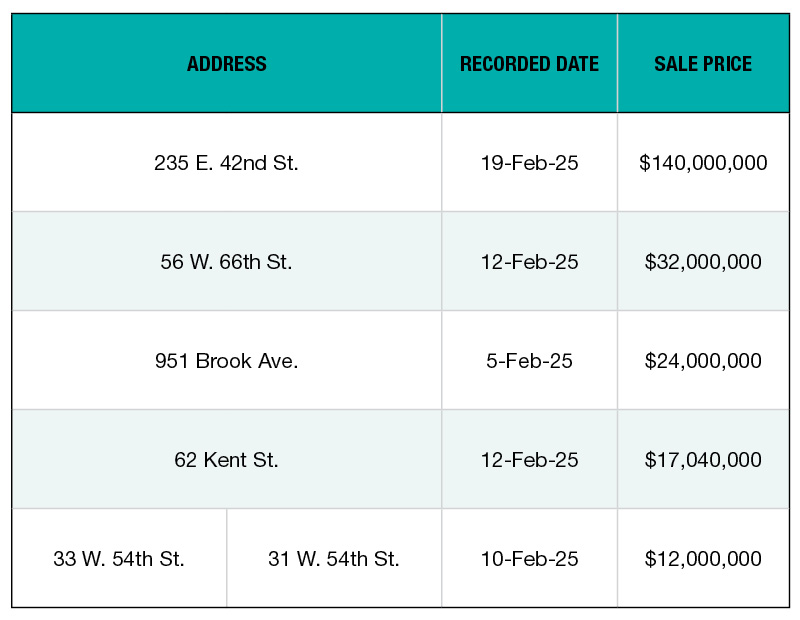Blackstone Splurges on Stuyvesant Town
The multinational private equity firm will be shelling out one of the biggest amounts ever paid for a single property in its deal for NYC's largest multifamily community.
By Andie Lowenstein, Associate Editor
An expansive collection of 11,200 apartments that held strong through the boom and bust of the real estate cycle is set to be sold to Blackstone Group L.P. and Ivanhoe Cambridge, the real estate arm of pension fund giant Caisse de depot et placement du Quebec.
The partnership will buy Stuyvesant Town and Peter Cooper Village for $5.3 billion. This deal will be among the most expensive deals ever for a single property and would cap a boisterous decade faced by the iconic redbrick complex on Manhattan’s east side.
The 56-acre property was purchased in 2006 for $5.4 billion by a venture led by Tishman Speyer Properties, then the most ever paid for a single property.
The investment group’s confident projections for rent increases fell short of reality, pressuring a default on $4.4 billion of debt in 2010. Since then, the community has been under reigns of a group of creditors led by CWCapital Asset Management, which is owned by Fortress Investment Group L.L.C. CWCapital has allegedly been looking to sell the property for months and recently agreed to the terms of a deal with Blackstone and New York City officials.
The city is expected to contribute $225 million to help preserve a portion of the complex as affordable to low- and middle-income residents. The rent controls at Stuyvesant Town and other big communities have been an issue in New York for a while now. The property was developed by insurer MetLife Inc. for returning World War II veterans initially and remained a middle-class haven for decades, even as rents in other parts of the city rose.
The insurer gradually converted rent-regulated units to luxury rentals. When it sold to the Tishman Speyer group in 2006, the new owners tried to speed up the process dramatically, but found it was harder than expected. Since then, CWCapital has converted more apartments to higher rates and only about 5,000 units are now occupied by original residents with rent-stabilized leases. Some of those units are well below market rate.
Fannie Mae and Freddie Mac agreed in June to consult with the city and resident groups before investing in a future deal for the purchase of the community, as urged by Sen. Charles Schumer.
“The fact that Fannie and Freddie required the city and the tenants to approve of the deal created a much better deal for the tenants, for the city and for New York,” said Sen. Schumer, who long has pushed to keep at least some of the community affordable.
Under a binding agreement with the city, Blackstone agreed to keep nearly 5,000 units below market rents until at least 2035. Most of those units will be allotted to middle-income families. Two-bedroom apartments, for example, will rent for up to $3,200 a month, a rent considered affordable for a family of three making up to $128,000 a year. About 500 units will be kept for lower-income families, with two-bedroom units renting for up to $1,500 a month.
To secure those guarantees, the city is giving Blackstone a $144 million loan through its Housing Development Corp., an affordable-housing agency. It will also exempt Blackstone from the $75 million mortgage recording tax.
“For the traditional rent-stabilized tenants, they can take comfort in the fact that there is very little incentive here for anyone to try to push them out,” said Daniel Garodnick, a city council member who represents the area and also lives in the community.








You must be logged in to post a comment.